Publications
Articles, publications, books, tools and multimedia features from the U.S. Institute of Peace provide the latest news, analysis, research findings, practitioner guides and reports, all related to the conflict zones and issues that are at the center of the Institute’s work to prevent and reduce violent conflict.
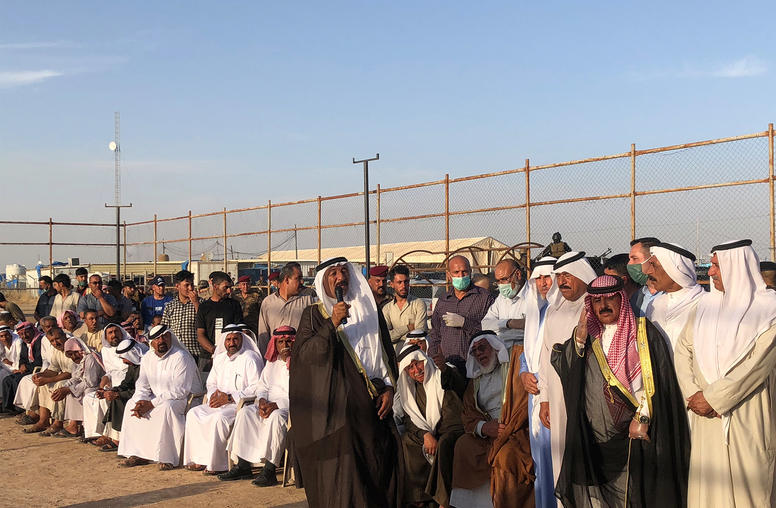
Iraqi-U.S. Ties are ‘Restarting,’ Iraqi Foreign Minister Says
Iraq and the United States have launched a reset in relations, Foreign Minister Fuad Hussain said in a USIP forum August 20. Following at least a year of strain in bilateral ties, this week’s negotiations in Washington will produce a broader relationship than previously, “not only limited to security matters,” Hussain said during an official visit alongside Prime Minister Mustafa al-Kadhimi just 15 weeks after he and his government took office. Their talks at the White House, State Department and with other officials will be vital in setting the next chapter of U.S-Iraq relations.
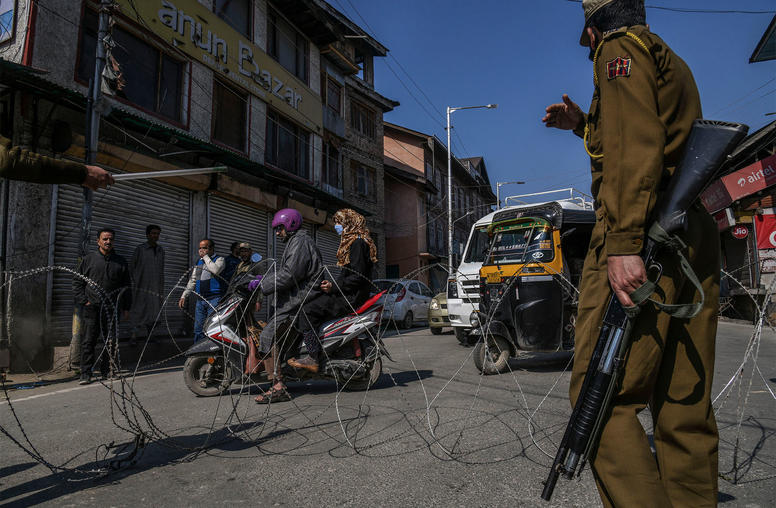
One Year Since Their State Was Split Up, Kashmiris' Lives Remain in Limbo
One year since Indian Prime Minister Narendra Modi’s government stripped Jammu and Kashmir of its special status and downgraded its statehood to a centrally controlled union territory—an act it argued was intended to improve governance and attract investment to the region—residents’ lives remain upended by continued conflict and a high level of militarization.
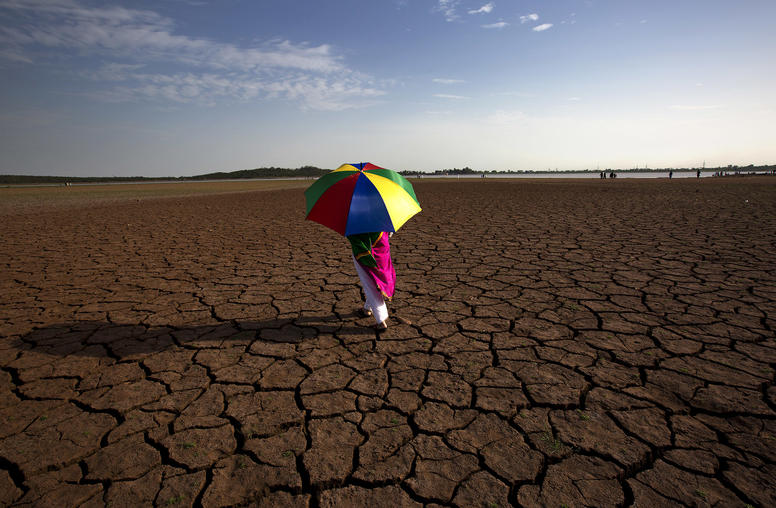
Water Conflict Pathways and Peacebuilding Strategies
No modern states have ever declared war over water. In fact, nations dependent on shared water sources have collaborated far more frequently than they have clashed. Nevertheless, global surveys have counted over forty hostile, militarized international actions over water—from riots to border skirmishes to larger battles—in the first six decades after World War II. This report reviews the pathways that link water resource pressures to conflict risks and describes how peacebuilding strategies such as water diplomacy can help mitigate these risks.

Sarhang Hamasaeed on the New Iraqi Prime Minister’s U.S. Visit
As Prime Minister Mustafa Al-Kadhimi makes his first official visit to Washington, USIP’s Sarhang Hamasaeed says the trip is a chance to reset relations between the two countries, but “it’s really important to not define the relationship … just in terms of security,” and also focus on Iraq’s economic challenges and recovery from ISIS.

America can build peace better—if it includes women.
The United States is making a publicly little-noted stride this month to strengthen its response to the violent crises worldwide that have uprooted 80 million people, the most ever recorded. Officials are overhauling America’s method for supporting the “fragile” states whose poor governance breeds most of the world’s violent conflict. Yet the proven new approach—helping these countries meet their people’s needs and thus prevent violence and extremism—will fall short if its implementation fails to include and support women in every step of that effort. Fortunately, an earlier reform to U.S. policy offers practical lessons for doing so.
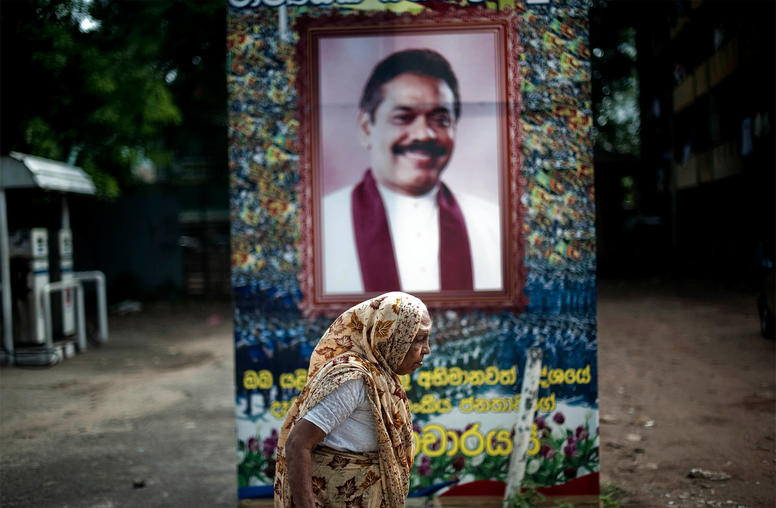
Sri Lanka’s Election Helps Cement the Rajapaksas’ Return to Power
The Sri Lanka People's Front (SLPP) gained a parliamentary supermajority earlier this month in what was the first major election held in South Asia since the coronavirus pandemic began. The results solidified the political power of Prime Minister Mahinda Rajapaksa and his brother, President Gotabaya Rajapaksa, who had dissolved the previous parliament shortly after he was elected last year. USIP’s Jumaina Siddiqui, Tamanna Salikuddin and Vikram Singh look at whether the polls were free and fair, what the landslide victory means for Sri Lanka as the country continues its recovery from civil war, and how the election impacts South Asia.
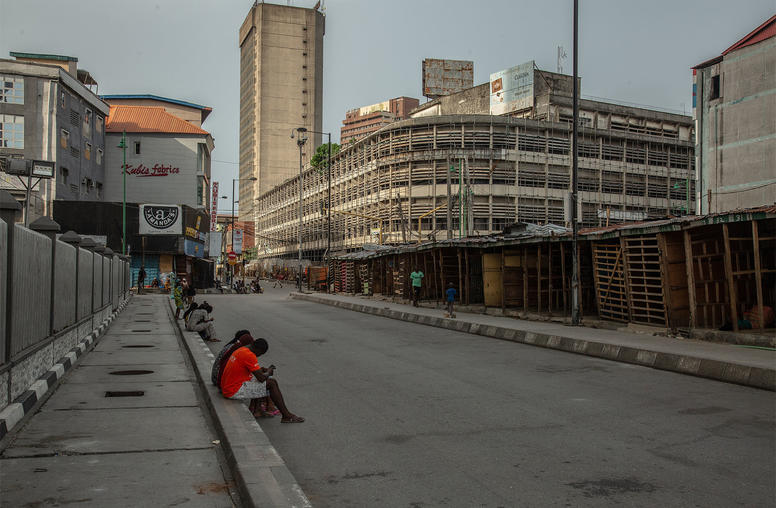
Is Insecurity Undermining the Coronavirus Response? Evidence from Nigeria
In the United States, there is no shortage of public opinion data on nearly every question imaginable. But in Nigeria, Africa’s most populous country, such data is more scarce and policymakers often lack detailed insights into citizen perceptions and concerns. Now, new evidence from USIP-commissioned surveys conducted in May and July 2020 of more than 10,000 Nigerians has found new relationships between violent conflict and the coronavirus response. The data shows that victims of violence are more likely to distrust the Nigerian government’s response to coronavirus.
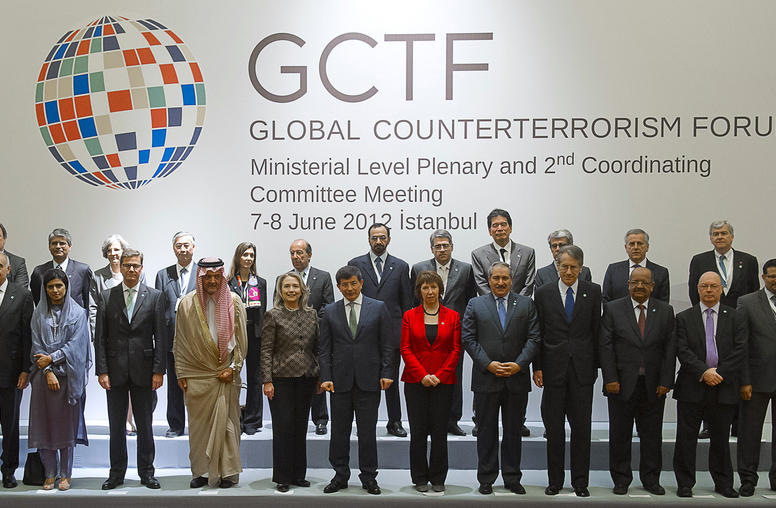
Preparing the Global Counterterrorism Forum for the Next Decade
In the two decades since the 9/11 attacks, terrorist networks have become more global and interconnected even as they remain locally tethered. The transnational and localized nature of the threat underscores the continued importance of international cooperation in all aspects of a response. This report explores the work of the Global Counterterrorism Forum, launched in 2011 to energize such cooperation, and how best to position it for an effective and far-reaching future.
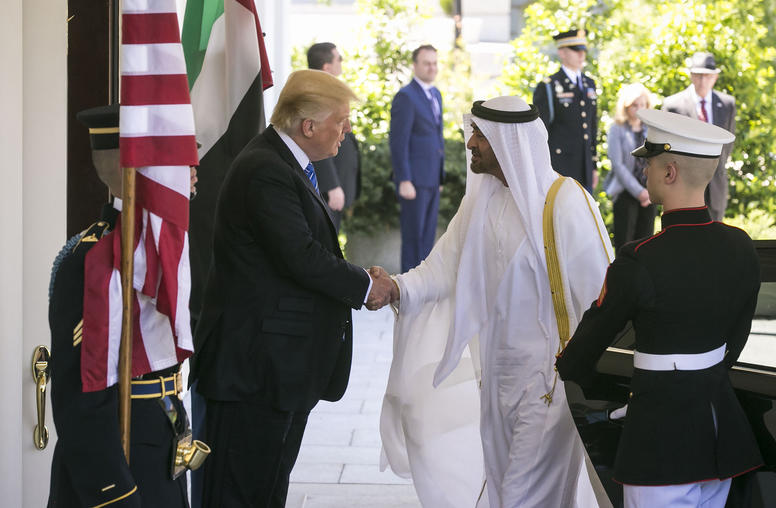
What Do Normalized Israel-UAE Relations Mean for the Region?
On August 13, the governments of Israel and the United Arab Emirates (UAE) announced that they had agreed to the full normalization of relations, in exchange for Israel suspending announced plans to annex large areas of the Palestinian territories. Dubbed the “Abraham Accords,” this agreement between Israel and the UAE—if fully implemented—would be the first Arab-Israeli reconciliation of its kind since the 1994 Israeli-Jordanian peace treaty, and stands to prevent, at least temporarily, Israeli-Palestinian and even broader regional deterioration that could have ensued in the wake of Israeli unilateral annexation. USIP’s Robert Barron looks at how the agreement came to fruition, what the United States’ role was, and what this means for the Israeli-Palestinian peace process and Israel’s relations with the Arab world at large.

Osama Gharizi on the Aftermath of the Beirut Explosion
In the wake of the Beirut explosion, USIP’s Osama Gharizi says much of the international aid is being channeled through NGOs and other third-party sources, as “there is a general loss of faith in the Lebanese establishment” after the prime minister and other officials were forced to resign.